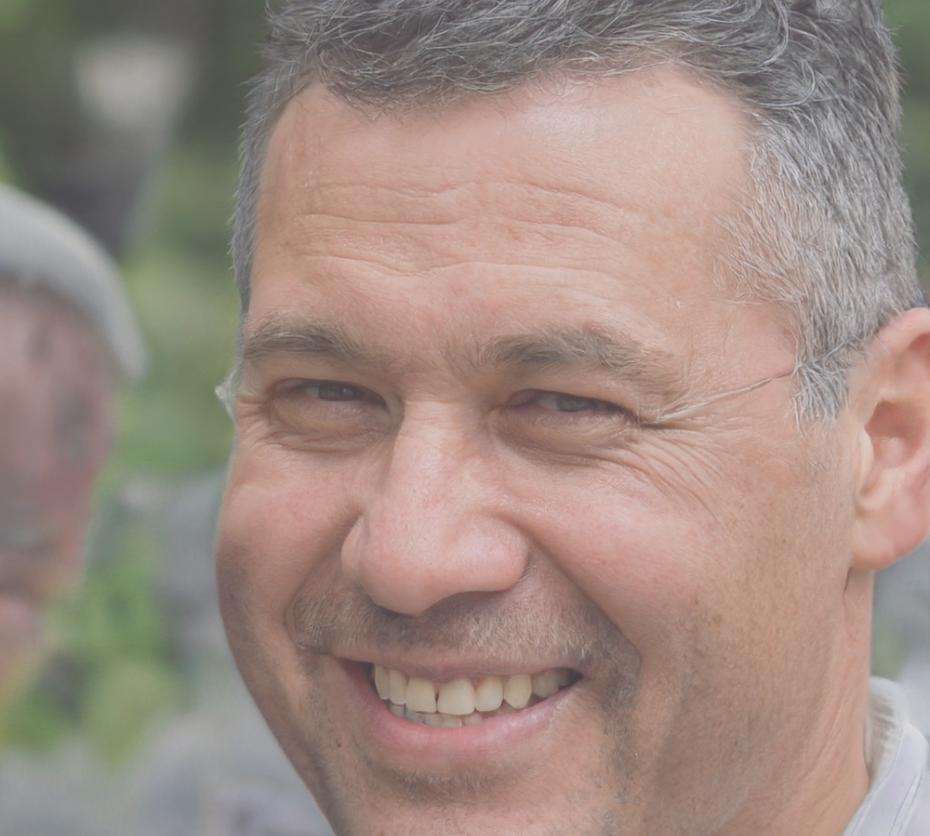How We Actually Build Game Dev Skills
Practical training structured around real mobile game development challenges
We've spent years figuring out what actually works when teaching people to build action mobile games. Our approach isn't revolutionary—it's just honest about what it takes to go from interested beginner to someone who can ship a working game. We focus on the fundamentals that matter and skip the stuff that doesn't.
Building Through Doing
Most programming courses throw theory at you for weeks before letting you touch anything real. That's backwards. People learn game development by making games, so we start there on week one.
Your first week, you're already building something playable. It won't be pretty, but it'll run on your phone. From there, each module adds one new skill while you keep building. By month three, you've made five different prototypes instead of just reading about how games work.
- Start with working prototypes, not syntax memorization
- Each week adds one new capability to your toolkit
- Learn debugging by fixing real problems in your own code
- Build muscle memory through repetition that actually matters

Your Path From Start to Shipped
-
1
Foundation Sprint (September - October 2025)
Six weeks getting comfortable with Unity and basic C#. You'll build three simple games that teach movement, collision, and user input. Nothing fancy yet—just making sure you understand how game loops actually work and can troubleshoot when things break.
-
2
Mechanics Deep Dive (November - December 2025)
Now we get into the interesting stuff. Combat systems, enemy AI that doesn't feel stupid, performance optimization for mobile devices. You'll rebuild one of your earlier prototypes properly this time, implementing patterns that scale instead of hacky solutions that barely work.
-
3
Polish and Integration (January - February 2026)
This is where most hobby projects die—turning a working prototype into something people might actually want to play. UI that makes sense, sound design, basic analytics integration. We also cover the boring but necessary stuff like memory management and making sure your game doesn't drain batteries in 20 minutes.
-
4
Capstone Project (March 2026)
Final month is yours. Design and build a complete game from scratch using everything you've learned. We're available for code reviews and debugging help, but you're driving. Most students use this as their first portfolio piece when looking for junior positions or pitching their own indie concepts.
People Who Actually Make Games

Casper Voss
Combat Systems
Spent eight years at a mid-size studio building action RPGs for mobile. Now teaches the combat mechanics module because he's debugged every possible way player inputs can go wrong.

Felix Strand
Performance & Optimization
Former technical lead who made his name getting console-quality graphics running smoothly on budget Android devices. Teaches optimization techniques that actually matter instead of premature optimization rabbit holes.

Roland Beck
Game Design Fundamentals
Shipped 12 mobile titles over the last decade, three of which people actually played for more than a week. Runs the design workshops where you learn why most game ideas sound better on paper than in practice.

What You'll Actually Build
By the time you finish, you'll have a portfolio of working games instead of just certificates. We're talking actual playable projects you can show to potential employers or use as foundation for your own releases.
- Five prototype games covering different mechanics and genres
- One complete capstone project built to portfolio standards
- Code samples demonstrating clean architecture patterns
- Performance optimization case studies from your own work
- Documentation showing you can explain technical decisions
